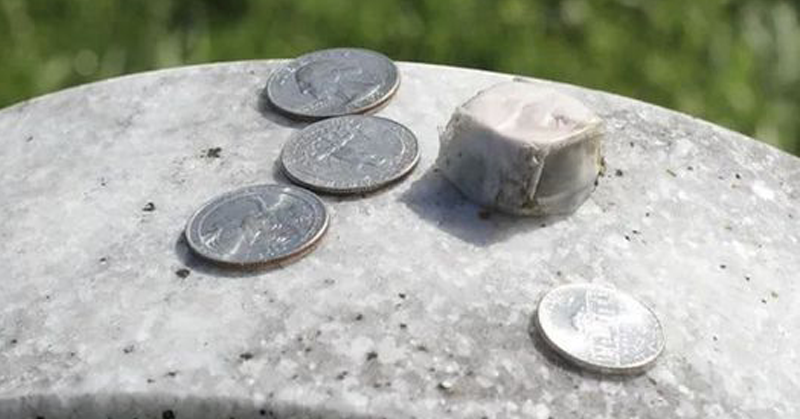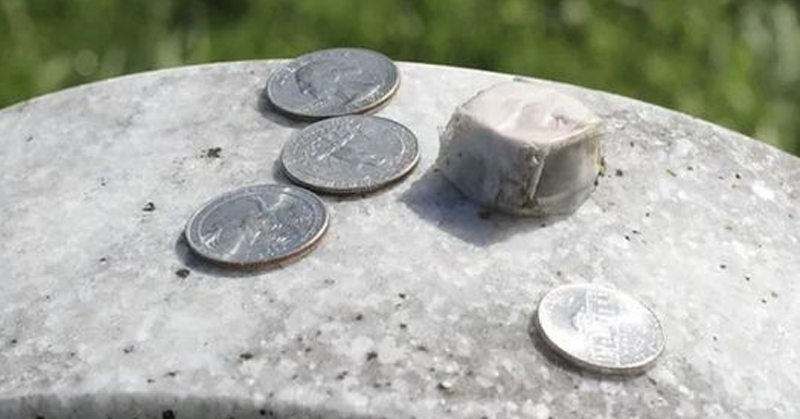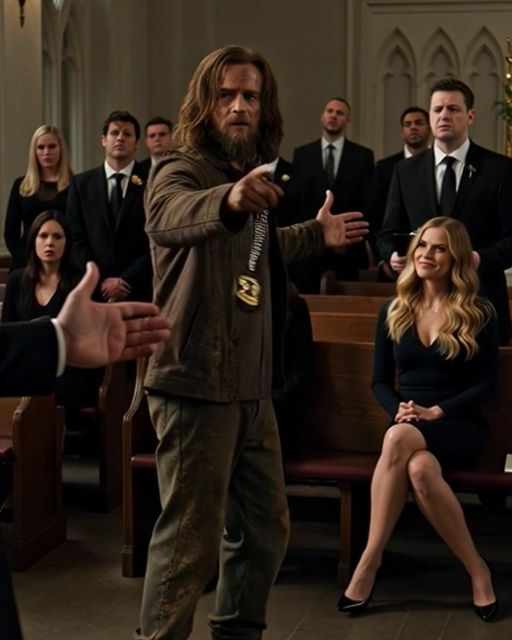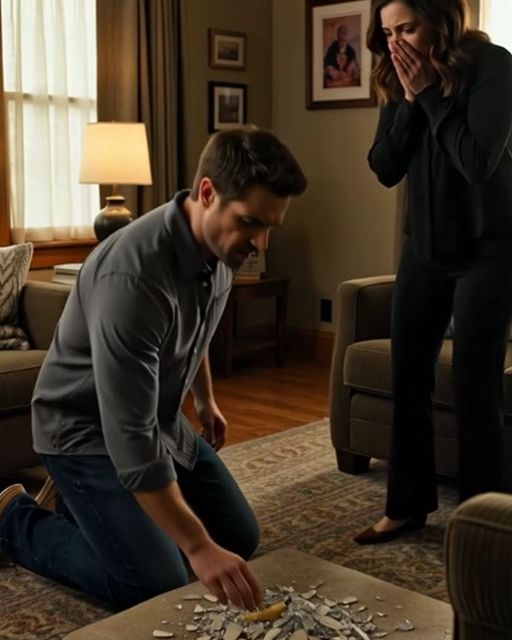Losing a loved one is always difficult, and people often find unique ways to honor their memory. One intriguing tradition is the placement of coins on gravestones, particularly for military men. This tradition holds great importance to veterans and their families.

The Purpose of Placing Coins on Gravestones
The exact origin of this tradition remains unclear. Some speculate that it began in the Roman Empire, but there isn’t enough evidence to support this claim. Regardless, one thing is certain – individuals who have a deep affection for their fallen comrades and those in the military understand the sacrifices made that are difficult to comprehend by most.
During the Vietnam War, the tradition of placing pennies on gravestones gained prominence. It provided a safer alternative for individuals to communicate with one another when the topic of conversation became uncomfortable or politically divisive. Leaving a coin was seen as a practical way of indicating that someone had visited a soldier’s grave, rather than engaging in potential arguments with the soldier’s family.
Symbolic Representation of Respect
Placing money on gravestones became a means for troops to honor their fallen comrades or “treat them to a drink.” Each coin holds a unique significance. A penny signifies that someone was present, while a nickel carries a more emotional meaning – highlighting the bond between the person leaving the coin and the one who passed away during boot camp.
A dime symbolizes collaboration, even if it was only for a short period before parting ways, while a quarter represents a memorial. When a quarter is left on a gravestone, it tells the deceased person’s family that the individual who placed the coin was there at the time of their loved one’s passing.
Additional Military and Financial Customs
It’s worth mentioning that the use of coins extends beyond placing them on gravestones. Challenge coins, for example, are a popular military tradition. These custom coins hold significant meaning and symbolize the unity of everyone who has served. Although they have no monetary value, they serve as a reminder of something extraordinary.
Coins are also featured in various cultural customs as symbols of good luck, generosity, and wishes. Historically, there have been instances of individuals being buried with their wealth. For example, Abraham Lincoln was laid to rest with two dollars and fifty cents over his eyes, rather than having coins placed on his tombstone.
Coins have long been associated with status and good fortune in many civilizations. While it’s uncertain whether the tradition of placing pennies on gravestones was influenced by the symbolism of money, it signifies a deeper connection that most individuals may not fully comprehend. It serves as a way of acknowledging and appreciating the sacrifices made by individuals in the military and their families, ensuring they are never forgotten.




